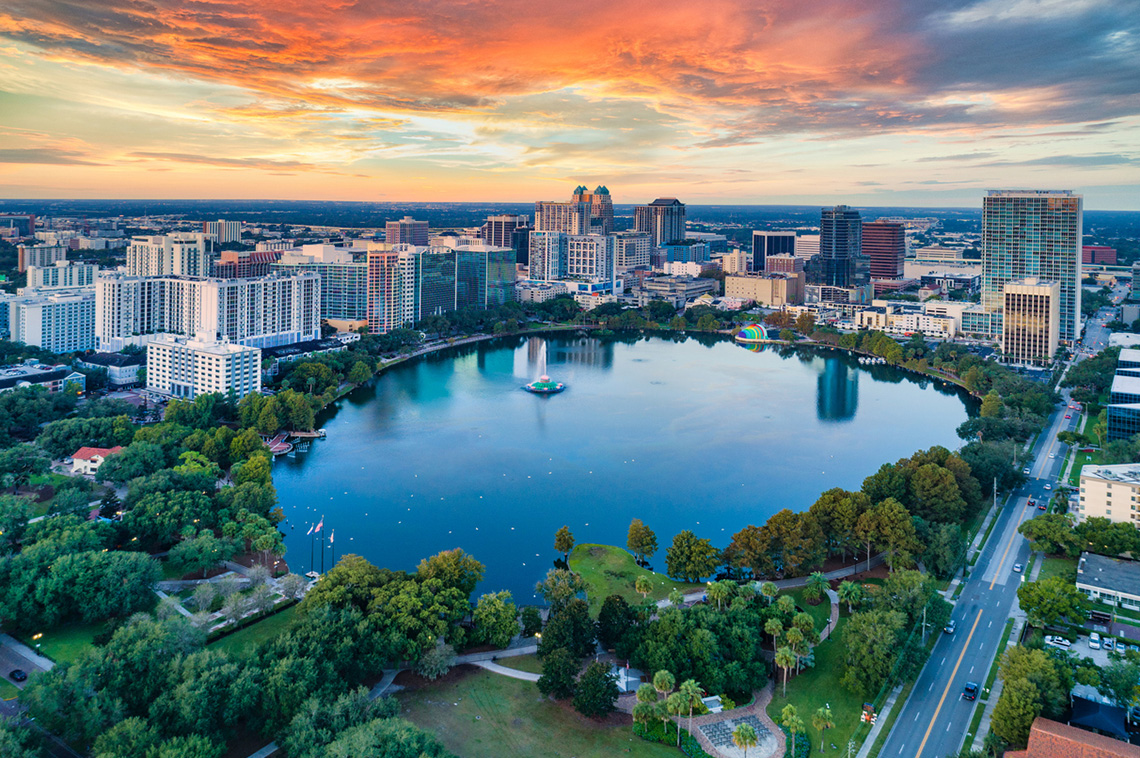Housing market is slowing at a record pace. It’s just the beginning
The U.S. housing market’s rapid correction hasn’t erased all the home price gains seen during the pandemic housing frenzy over the last two years, but August saw prices slow at the fastest pace on record.
That’s according to data released Tuesday from the S&P CoreLogic Case-Shiller Home Price Index, which showed home prices nationwide were still up 13% last month compared to August 2021, but down from a 15.6% gain in July.
“The -2.6% difference between those two monthly rates of change is the largest deceleration in the history of the index,” said Craig Lazzara, managing director of the S&P DJI, in a statement.
What’s happening: Lazzara called it a “forceful deceleration,” adding that home price gains “decelerated in every of our 20 cities. These data show clearly that the growth rate of housing prices peaked in the spring of 2022 and has been declining ever since.”
George Ratiu, senior economist for Realtor.com, said in a statement that Tuesday’s numbers reflect the housing market’s “continued cooling.” He, too, said home sales will continue to decline and prices will continue to adjust downward.
“With monthly mortgage payments 75% higher than last year, many first-time buyers are locked out of the housing market, unable to find homes with budgets that have lost $100,000 in purchasing power this year,” Ratiu said.
Ratiu added homeowners are also pulling back from the market, with many “who might otherwise sell are finding themselves locked into lower mortgage payments made in the past few years at 2.5%-3.0% rates.”
A “Just Listed” sign is pictured in front of a new home in Eagle, Idaho, on Sept. 23, 2022.
Ben B. Braun, Deseret News
Where are home prices still growing? Miami and Tampa in Florida and Charlotte, North Carolina, reported the highest year-over-year gains in August, according to the index. Miami led out with a 28.6% year-over-year gain, Tampa with 28% and Charlotte with a 21.3% increase.
Where are home prices falling the fastest? Cities that saw the largest month-over-month declines all sit on the West Coast. San Francisco led with the biggest decline at -4.3% month over month. Seattle came next with -3.9% and San Diego followed with -2.8%.
“Despite the ongoing deceleration, August’s housing prices remain well above year-ago levels in all 20 cities,” Lazzara noted.
How far will home prices fall? That’s the million dollar question, as the U.S. housing market continues to grind slower and slower amid the Federal Reserve’s battle with inflation — which has indirectly contributed to mortgage rates now hovering at 20-year highs, around 7%.
“As the Federal Reserve moves interest rates higher, mortgage financing becomes more expensive and housing becomes less affordable. Given the continuing prospects for a challenging macroeconomic environment, home prices may well continue to decelerate,” Lazzara said.
It’s not clear just how deep today’s housing correction will run. Economists have said it would likely take a dramatic economic shift and widespread layoffs to experience a 2007-like housing crash.
Big banks and other mainstream firms are predicting the housing correction will deepen into next year, with a growing chorus of forecasters predicting year-over-year home price declines in the single digits, perhaps in the double digits if the national economy hits a recession. But they’re not predicting, at least so far, dramatic enough declines to erase price gains seen during the pandemic housing frenzy over the last two years.
/cdn.vox-cdn.com/uploads/chorus_asset/file/24140360/merlin_2930196.jpg)


